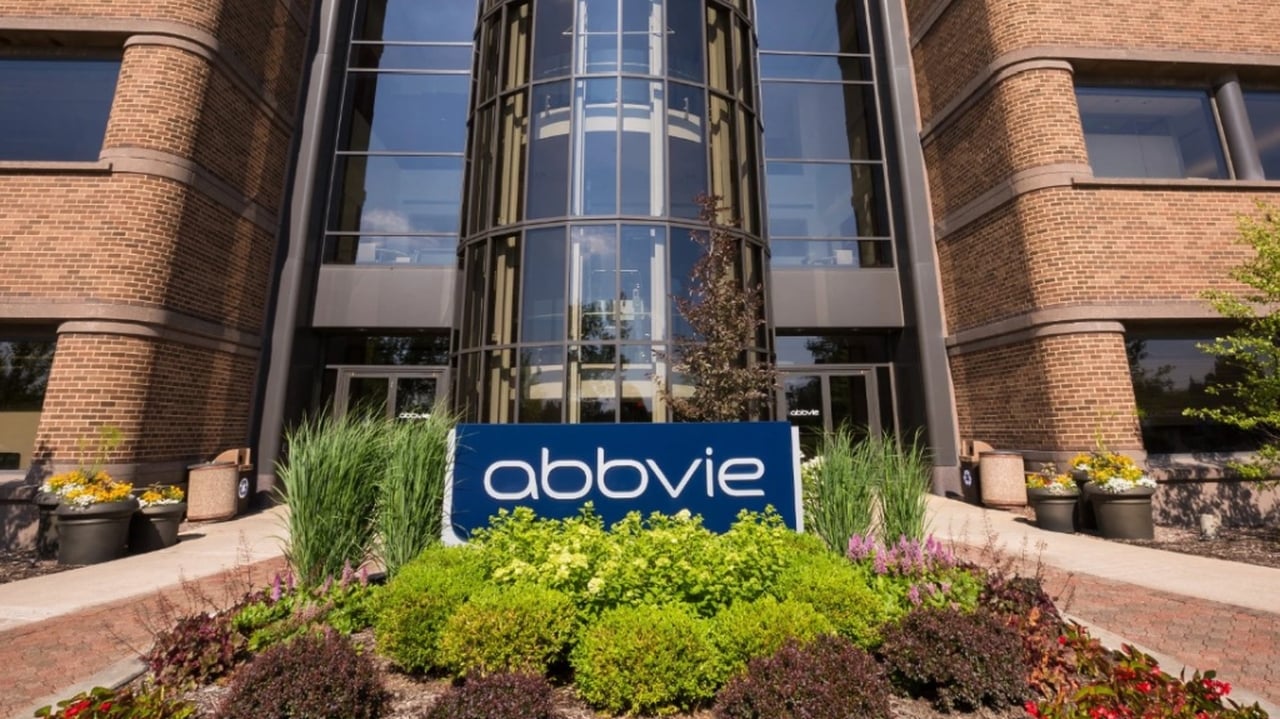Academic Freedom of Law Reviews: Personal Statements Under Attack
Academic freedom—classically defined as the freedom of research and teaching—is a complicated idea, and one that has come under severe attack in our era. One question that has not received much attention, is whether academic freedom applies to the student editors of law reviews. Last year, Aziz Z. Huq and I argued that it does. This is because the academic discipline of law has delegated to students its editorial judgement about what to publish. One could imagine an alternative world in which law looked more like every other discipline in the university, with journals edited by professional academics utilizing peer review to screen articles. That is not our world, in part because we think that there are pedagogical and intellectual benefits to be had from student-run journals. One consequence is that, in their exercise of editorial judgement, law review editors should be able to make their decisions independently, free from pressure by the administration or faculty. Because law review editorship is an elite credential, there is intense competition to acquire it. This gives law schools, which in some cases are the parent organizations that govern law reviews, an interest in how membership is selected. While many journals had historically selected editors on the basis of grades alone, this was not always a good predictor of the skills needed to be a good editor. Writing a law school exam is very different from exercising editorial judgement concerning scholarly articles. Law reviews eventually added a write-on competition that was blindly graded, which was perhaps a better screen. Then personal statements were added, in some cases to diversify the editorial boards, but also in part to screen applicants’ willingness and ability to put in the long hours required of editors. (Disclosure: I chaired the faculty advisory committee for the University of Chicago Law Review for several years, and the latter rationale is the one we understood would be applied in the evaluation of personal statements.) We should not be surprised that, in our polarized era, the culture war has arrived at the doorstep of law review membership. In February, a lawsuit was filed by Faculty, Alumni and Students Opposed to Racial Preferences (FASORP) against Northwestern University and its law review, alleging illegal race discrimination in the selection of editors and articles. And Northwestern might not be the last target: in late April, the Washington Free Beacon reported that race and gender considerations had been incorporated into the article selection process at Harvard Law Review for several years. Among other things, editors were allegedly asked to consider the racial diversity of authors cited in articles. Now, several elite law reviews have received a nearly-identical set of questions from potential applicants, asking how personal statements will be evaluated. The law reviews have been asked: whether applicants are permitted to indicate their race, sex, sexual orientation, or gender identity on the personal statement and whether they are required or expected to do so; whether mention of being Jewish or a member of the Federalist Society would be graded as plus or minus; and finally whether successful applicants would be punished for lying about their racial-minority status. This last seems related to a campaign to encourage all applicants to claim African descent and/or transgender status in their personal statements, on the assumption that these characteristics are receiving undue favoritism. The argument is that everyone has some African descent, and that anyone can self-identify as transgender. Those sending the coordinated questions presumably think the proper answer to all of them should be negative. But a close look suggests otherwise. While students should, in my view, neither be encouraged to nor discouraged from mentioning identity characteristics in their personal statements, it surely is allowed under the law. Indeed, in the Students for Fair Admissions case, Chief Justice Roberts explicitly carved out the personal statement for university admissions as a place in which one might talk about one’s experiences as a member of a racial or sexual minority. This suggests that allowing mention of identity on law review personal statements is unobjectionable, just as it would be unobjectionable to mention one’s religious identity or membership in the Federalist Society. The statements still must, presumably, be evaluated in a non-discriminatory manner. This means that identity or political considerations should not, without more, matter for selection for law review membership. Still, a law review might want its overall set of editors to reflect a diverse range of perspectives, so as to contribute to better collective evaluation of articles. (Even the letter-writers would likely concede that Federalist Society membership could be a positive factor to promote intellectual diversity, if it were otherwise lacking). The
Academic freedom—classically defined as the freedom of research and teaching—is a complicated idea, and one that has come under severe attack in our era. One question that has not received much attention, is whether academic freedom applies to the student editors of law reviews. Last year, Aziz Z. Huq and I argued that it does. This is because the academic discipline of law has delegated to students its editorial judgement about what to publish. One could imagine an alternative world in which law looked more like every other discipline in the university, with journals edited by professional academics utilizing peer review to screen articles. That is not our world, in part because we think that there are pedagogical and intellectual benefits to be had from student-run journals. One consequence is that, in their exercise of editorial judgement, law review editors should be able to make their decisions independently, free from pressure by the administration or faculty.
Because law review editorship is an elite credential, there is intense competition to acquire it. This gives law schools, which in some cases are the parent organizations that govern law reviews, an interest in how membership is selected. While many journals had historically selected editors on the basis of grades alone, this was not always a good predictor of the skills needed to be a good editor. Writing a law school exam is very different from exercising editorial judgement concerning scholarly articles. Law reviews eventually added a write-on competition that was blindly graded, which was perhaps a better screen. Then personal statements were added, in some cases to diversify the editorial boards, but also in part to screen applicants’ willingness and ability to put in the long hours required of editors. (Disclosure: I chaired the faculty advisory committee for the University of Chicago Law Review for several years, and the latter rationale is the one we understood would be applied in the evaluation of personal statements.)
We should not be surprised that, in our polarized era, the culture war has arrived at the doorstep of law review membership. In February, a lawsuit was filed by Faculty, Alumni and Students Opposed to Racial Preferences (FASORP) against Northwestern University and its law review, alleging illegal race discrimination in the selection of editors and articles. And Northwestern might not be the last target: in late April, the Washington Free Beacon reported that race and gender considerations had been incorporated into the article selection process at Harvard Law Review for several years. Among other things, editors were allegedly asked to consider the racial diversity of authors cited in articles.
Now, several elite law reviews have received a nearly-identical set of questions from potential applicants, asking how personal statements will be evaluated. The law reviews have been asked: whether applicants are permitted to indicate their race, sex, sexual orientation, or gender identity on the personal statement and whether they are required or expected to do so; whether mention of being Jewish or a member of the Federalist Society would be graded as plus or minus; and finally whether successful applicants would be punished for lying about their racial-minority status. This last seems related to a campaign to encourage all applicants to claim African descent and/or transgender status in their personal statements, on the assumption that these characteristics are receiving undue favoritism. The argument is that everyone has some African descent, and that anyone can self-identify as transgender.
Those sending the coordinated questions presumably think the proper answer to all of them should be negative. But a close look suggests otherwise. While students should, in my view, neither be encouraged to nor discouraged from mentioning identity characteristics in their personal statements, it surely is allowed under the law. Indeed, in the Students for Fair Admissions case, Chief Justice Roberts explicitly carved out the personal statement for university admissions as a place in which one might talk about one’s experiences as a member of a racial or sexual minority. This suggests that allowing mention of identity on law review personal statements is unobjectionable, just as it would be unobjectionable to mention one’s religious identity or membership in the Federalist Society. The statements still must, presumably, be evaluated in a non-discriminatory manner. This means that identity or political considerations should not, without more, matter for selection for law review membership. Still, a law review might want its overall set of editors to reflect a diverse range of perspectives, so as to contribute to better collective evaluation of articles. (Even the letter-writers would likely concede that Federalist Society membership could be a positive factor to promote intellectual diversity, if it were otherwise lacking).
The final question about misrepresenting one’s minority status raises troubling ethical issues. As aspiring attorneys, students should neither lie nor encourage others to do so. Law schools can and do consider students’ honesty when making the decision to certify applicants for the bar after graduation. Thus the proper answer to the question is, “yes, if you lie on your law review personal statement, you might be subject to sanction.” Whether or not state bar associations decide to consider the information, it is impossible for a law review to guarantee that there would be no negative consequence. Students considering joining the effort to flood the zone with disingenuous personal statements should beware.
Some might argue that personal statements should be dispensed with entirely. I disagree. Someone who has shown resiliency and reliability in their personal lives, say by having overcome conditions of poverty, might be an especially valuable colleague. Similarly, someone with relevant professional experience (say being a manager in the private sector who has experience working with others on a team) might have relevant skills that would enhance the functioning of the law review. And one’s life experiences as a member of a minority group might be relevant to showing how one has overcome challenges. Furthermore, the statements provide evidence of ability to write, and willingness to undertake an additional screening process, surely relevant considerations for identifying who will be a good editor.
The bigger issues raised by these challenges are whether the academic freedom of student-edited law reviews extends to control over their membership. For university departments, control over membership is squarely within the province of the faculty: we are free to hire who we wish, on the basis of academic merit, subject to anti-discrimination law. So long as personal statements are evaluated in a way that is consistent with the law, law reviews should be allowed to continue to use them. What might be needed for law school administrations is to work with editors to make sure they understand the legal constraints. An additional important step for journals is to be quite clear that intellectual merit is the basis for any academic freedom claim.
Academic freedom sounds in expertise; when students are in charge of making academic decisions, they have a duty to do so in an intellectually defensible manner. So long as they do that, they remain holders of academic freedom rights and ought to have control over their membership criteria.

















































































































































